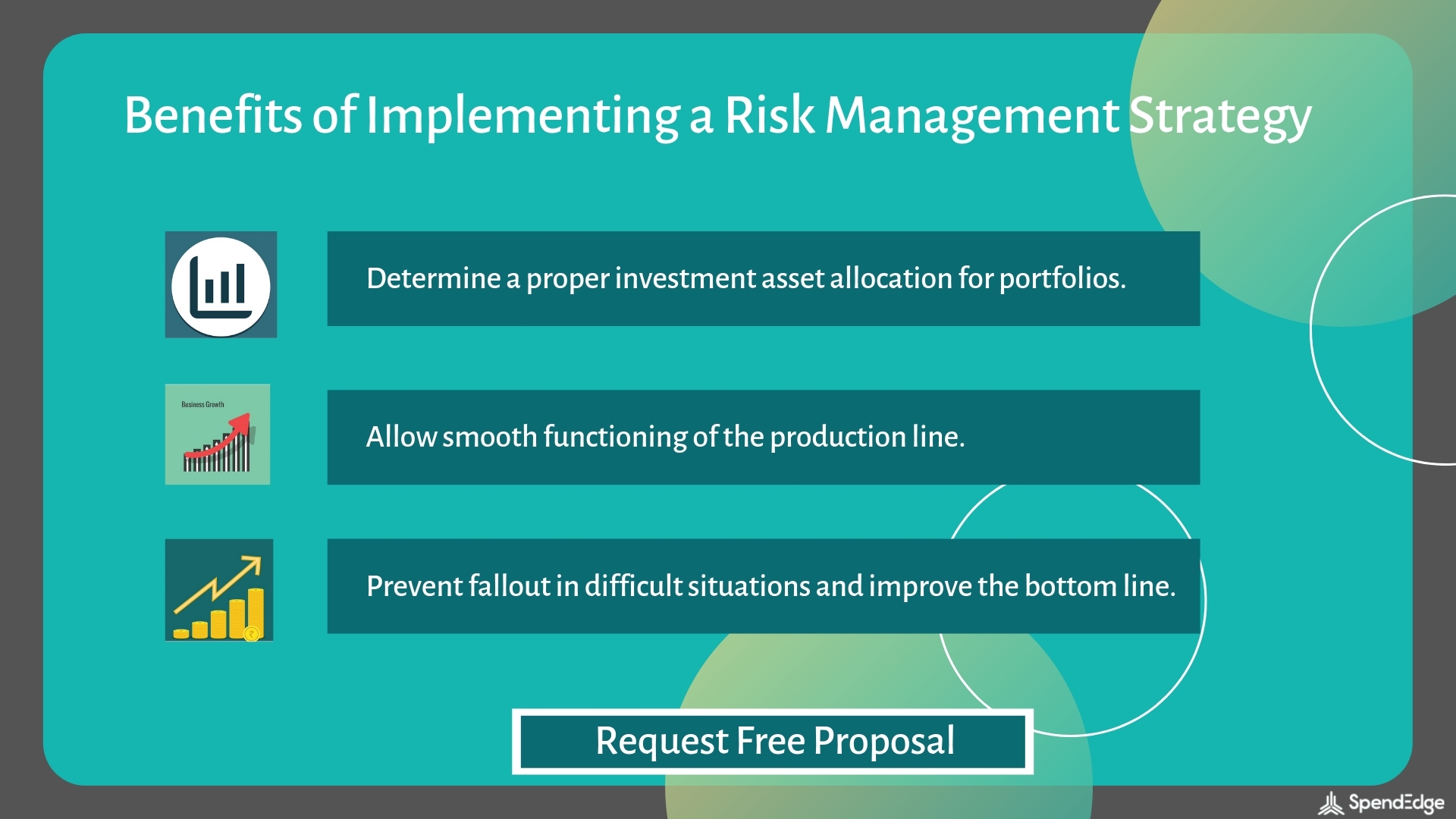How the Importance of Risk Management Facilitates Successful Project Outcomes
How the Importance of Risk Management Facilitates Successful Project Outcomes
Blog Article
The Relevance of Comprehending the Relevance of Risk Management in Various Industries

The Core Principle of Risk Management and Its Objective
Risk Management, the foundation of numerous industries, depends upon the recognition, examination, and mitigation of unpredictabilities in a service environment. It is an important method that permits companies to safeguard their properties, credibility, and total survival. By correctly identifying potential dangers, companies can develop methods to either protect against these threats from happening or reduce their influence. The assessment procedure involves evaluating the chance and potential severity of these dangers. As soon as dangers have been identified and examined, the mitigation process entails devising methods to reduce their potential effect. This procedure is recurring and intermittent, making sure that organizations are planned for the ever-changing nature of Risk in various industries. The primary objective, therefore, is to cultivate strength amidst uncertainties.
Advantages of Implementing Risk Management in Organization Workflow

Unveiling the Role of Risk Management in Different Industries
While every sector confronts its distinct set of dangers, the execution of Risk Management strategies continues to be a typical denominator in their pursuit of sustainability and development. In the medical care market, Risk Management entails making sure patient security and data defense, while in money, it entails mitigating investment risks and guaranteeing regulatory conformity (importance of risk management). Building and construction companies concentrate on employee security, task hold-ups, and budget overruns. In the modern technology sector, firms minimize cybersecurity hazards and technology obsolescence. Inevitably, the duty of Risk Management across sectors is to recognize, analyze, and minimize dangers. It is an essential component of strategic planning, enabling companies to protect their properties, make the most of opportunities, and achieve their objectives.
Real-life Instance Studies Demonstrating Successful Risk Management
To comprehend the significance of Risk Management in these several markets, one can look to numerous real-life circumstances that highlight the effective application of these steps. Toyota, publish the 2011 earthquake in Japan, changed its supply chain Management to reduce disturbance risks. These cases show just how industries, learning from crises, successfully used Risk Management methods to decrease future threats.
Future Fads and Developments in Risk Management Methods
As the world remains to progress, so also do the trends and developments in Risk Management approaches. look at here now Rapid advancements in innovation and data analytics are improving the Risk landscape. Large information and AI are currently critical in forecasting and mitigating dangers. Organizations are leveraging these tools to develop predictive versions and make data-driven choices. Cybersecurity, when a peripheral issue, has actually catapulted to the leading edge of Risk Management, with techniques concentrating on discovery, reaction, and avoidance. The combination of ESG (Environmental, Social, Governance) factors right into Risk Management is another expanding pattern, reflecting the increasing recognition of the function that ecological and social threats play in service sustainability. Therefore, the future of Risk Management exists in the fusion of innovative technology, ingenious methods, and an alternative technique.
Conclusion
In conclusion, comprehending the significance of Risk Management across a range of markets is essential for their longevity and prosperity. Ultimately, successful Risk Management adds to much more sustainable and resilient organizations, highlighting the importance of this technique in today's dynamic and extremely affordable organization setting.
While every market confronts its special collection of threats, about his the implementation of Risk Management methods stays an usual denominator in their quest of sustainability and growth. In the healthcare field, Risk Management requires guaranteeing individual safety and information defense, while in finance, it involves mitigating investment threats and making certain governing compliance. Inevitably, the role of Risk Management throughout markets is to determine, assess, and alleviate risks. These instances show exactly how sectors, learning from dilemmas, successfully applied Risk Management methods to minimize future dangers.

Report this page